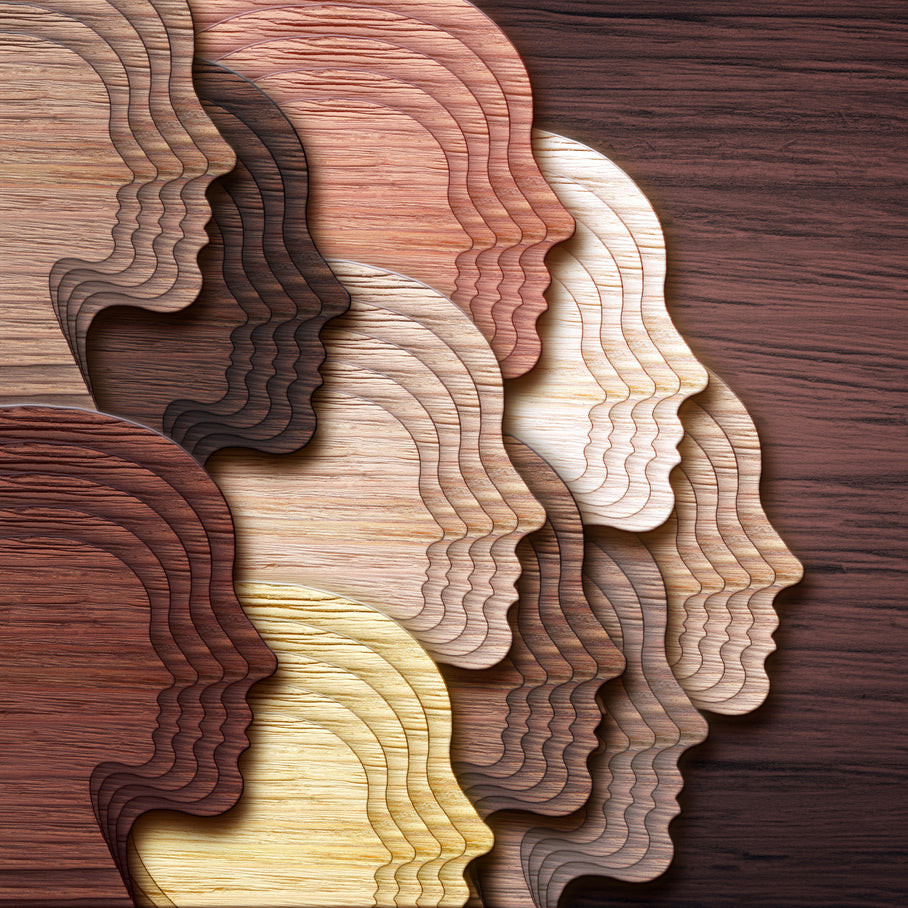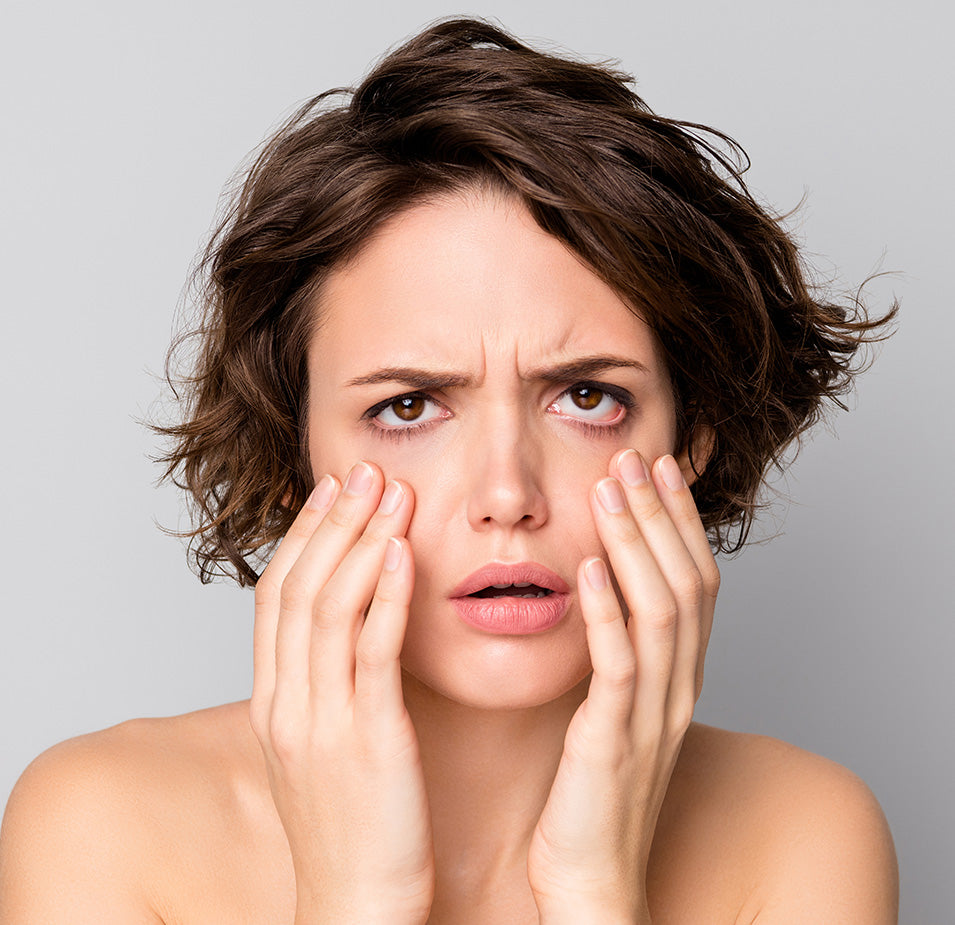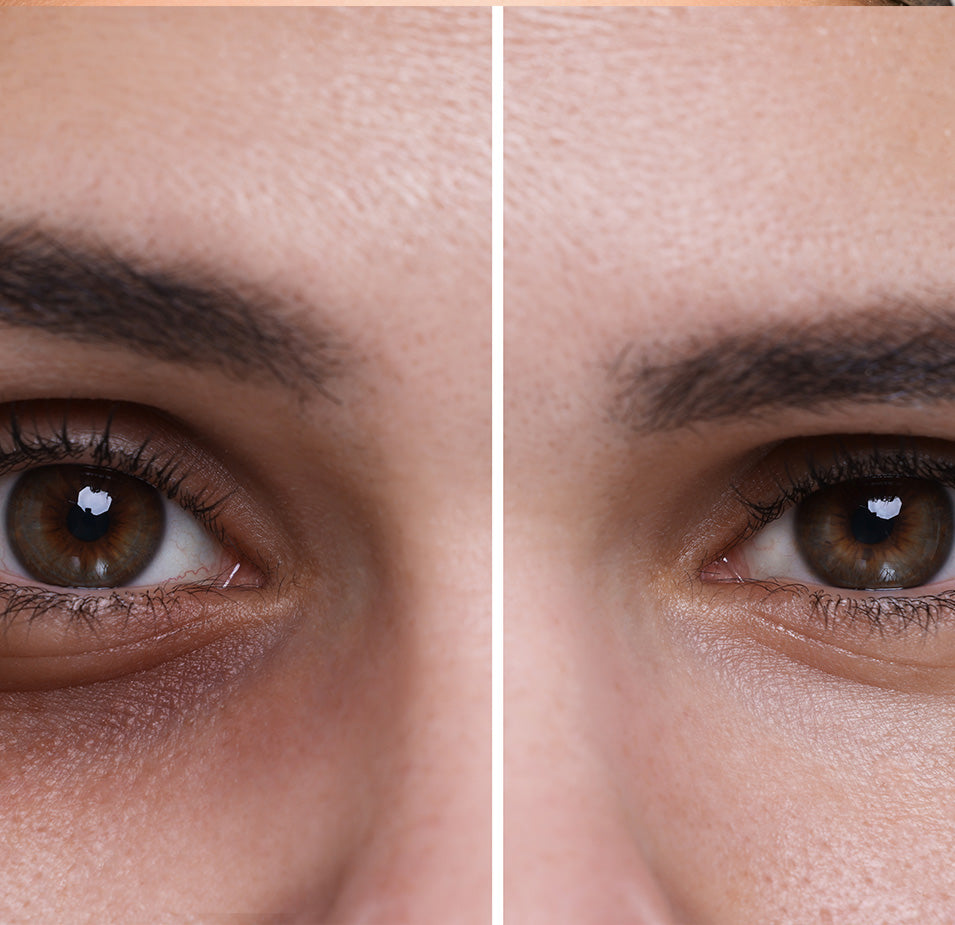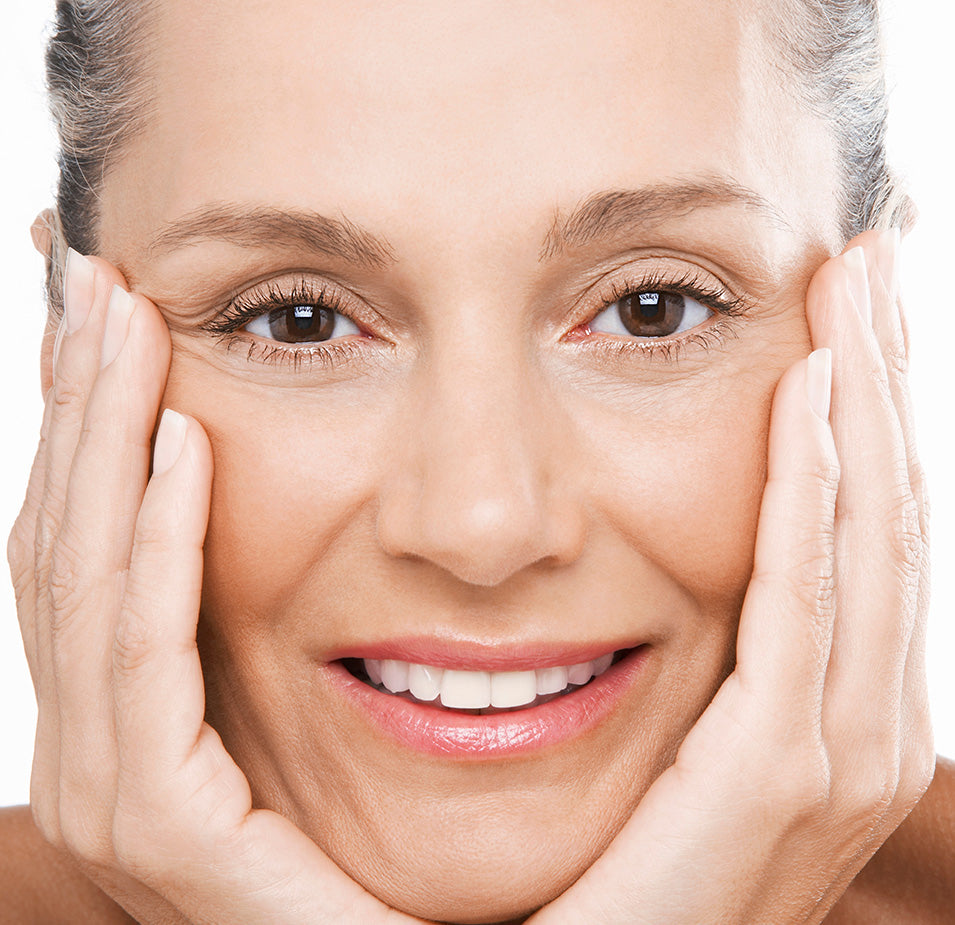
More than 70% of the world’s population are people of color—yet most skincare products do not address the unique needs of different ethnicities. It turns out that skin texture and structure vary significantly among members of different ethnic groups. This means that beauty and personal care products must take skin type into account, and blanket solutions simply will not work.
Why is it important to consider ethnicity when choosing skincare products?
The appearance, structure, and function of the skin are impacted greatly by ethnicity and genetics. Metabolic, chemical, and hormonal differences across ethnicities also affect the skin. This is very apparent in the progression of aging among different ethnicities. For example, light-skinned people show physical signs of aging, like wrinkles, fine lines, freckling, and sagging much earlier than deeply pigmented people of the same age.
By appreciating the challenges faced by different ethnic skin types, we can find the right skincare regimen to transform the cosmetic appearance and health of our skin.
Anti-aging tips for each ethnicity
Caucasian Skin
Research shows that Caucasians experience more severe and premature signs of aging. This is because whites have very little pigmentation to protect their skin from harmful sun rays. Excess exposure to solar radiation can lead to damaged collagen, which results in the appearance of wrinkles at an earlier age.
|
Top Tips for White Skin
|
Latin Skin
People of Latin descent can have many different skin shades, from light caramel tones to deep bronze and everything in between. It’s helpful to make a distinction between light-skinned Latinas and dark-skinned Latinas, as the amount of pigmentation can determine vulnerability to sun exposure, aging concerns, and more. Higher levels of melanin can help delay the onset of wrinkles, but may increase the risk of hyperpigmentation. Latinas are also prone to melasma, a condition in which dark patches appear around the cheeks, chin, forehead and upper lips.
|
Top Tips for Latin Skin
|
Afro-Descendent Skin
While people of African descent tend to enjoy supple, more firm skin for much longer, they are more likely to develop unevenness of skin tone with age. Melanosomes, the cells that produce melanin, are more abundant in people with darker skin and react severely if any irritation occurs. Additionally, dark skin can sag with advancing age, particularly around the lower face and neck.
|
Top Tips for Black Skin
|
Middle Eastern, East Asian, and South Asian Skin
South Asian and Middle Eastern people are blessed with extra pigment in their skin, which delays the appearance of wrinkles by a wide margin. However, they can develop dark blotches on their skin due to overexposure to sun, hormonal imbalance, or irritation.
|
Top Tips for Middle Eastern, East Asian, and South Asian Skin
|
Multiracial Skin
People who belong to more than one ethnicity have overlapping characteristics in their skin. This can make it difficult to predict patterns of aging. However, there are some things to keep in mind for treating mixed skin.
Most multi-racial people tend to develop physical signs of aging in their mid-40s. These changes can include skin sagging, especially under the eyes, which makes the cheekbones appear to be flatter. Another concern faced by multiracial people is mottling pigmentation, which involves the spotty darkening of the skin surrounding the nose and forehead.
|
Top Tips for Multiracial Skin
|
Conclusion
At the end of the day, we all want to achieve a long-lasting glow and hold onto supple, youthful skin as we age. Healthy skin is key not only for self-confidence, but also for important bodily functions like temperature regulation and defense against chemicals, bacteria, pathogens, and other external irritants. It is imperative that skincare takes ethnicity into account so that women can be empowered with the information they need to make the right decisions for their individual skin.
References
- Rawlings, A. V. (2006). Ethnic skin types: are there differences in skin structure and function? 1. International journal of cosmetic science, 28(2), 79-93.
- Vashi, N. A., Maymone, M. B. D. C., & Kundu, R. V. (2016). Aging differences in ethnic skin. The Journal of clinical and aesthetic dermatology, 9(1), 31.
- Davis, E. C., & Callender, V. D. (2010). A review of acne in ethnic skin: pathogenesis, clinical manifestations, and management strategies. The Journal of clinical and aesthetic dermatology, 3(4), 24.
- Alaluf, S., Atkins, D., Barrett, K., Blount, M., Carter, N., & Heath, A. (2002). Ethnic variation in melanin content and composition in photoexposed and photoprotected human skin. Pigment Cell Research, 15(2), 112-118.

















